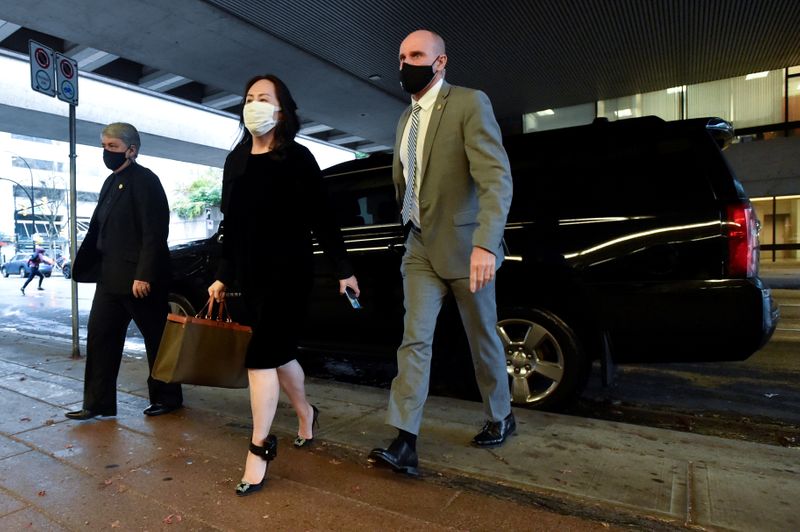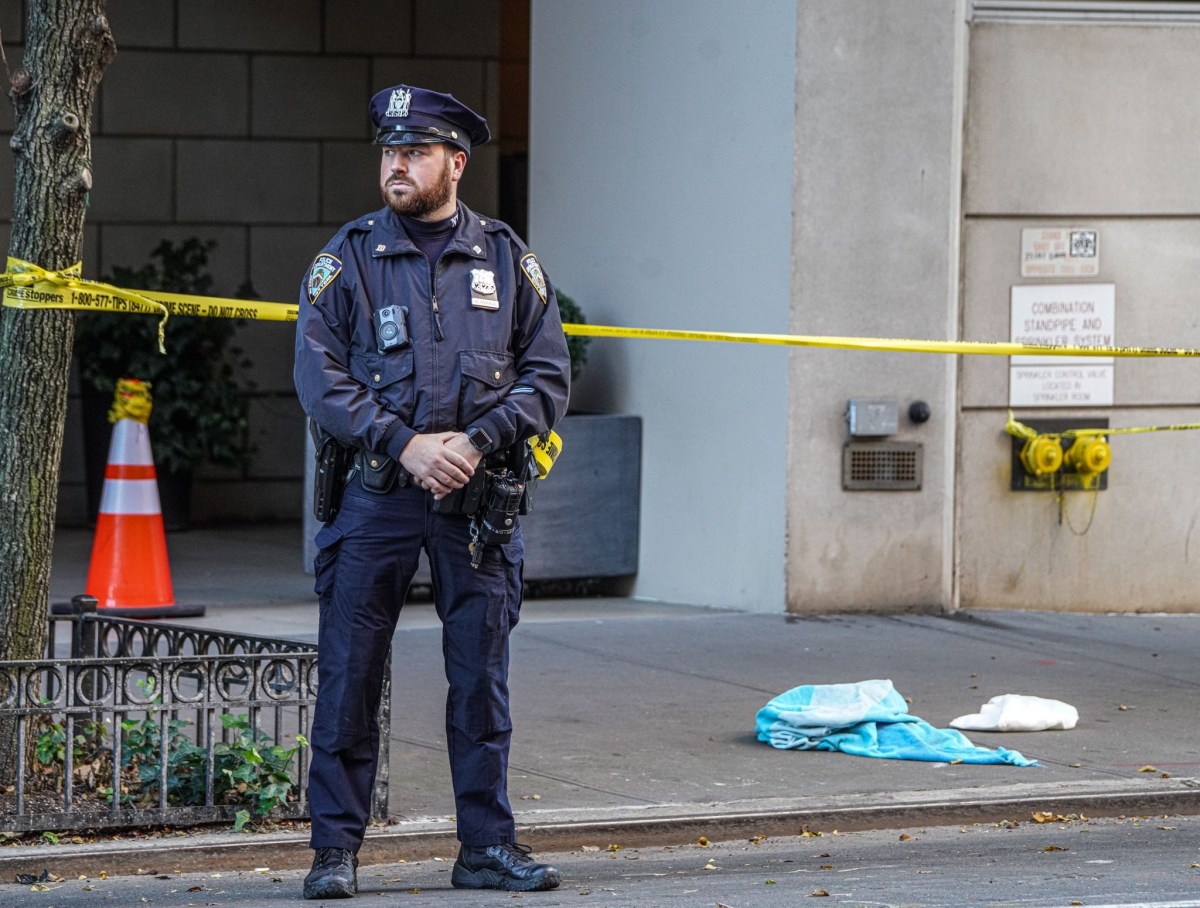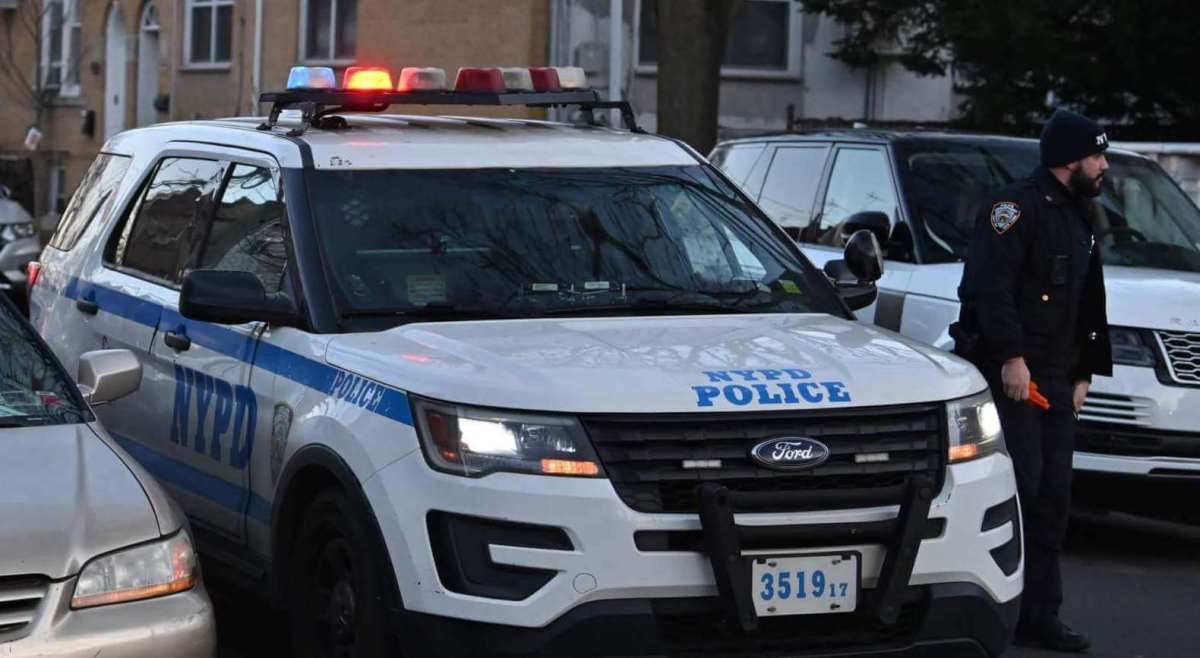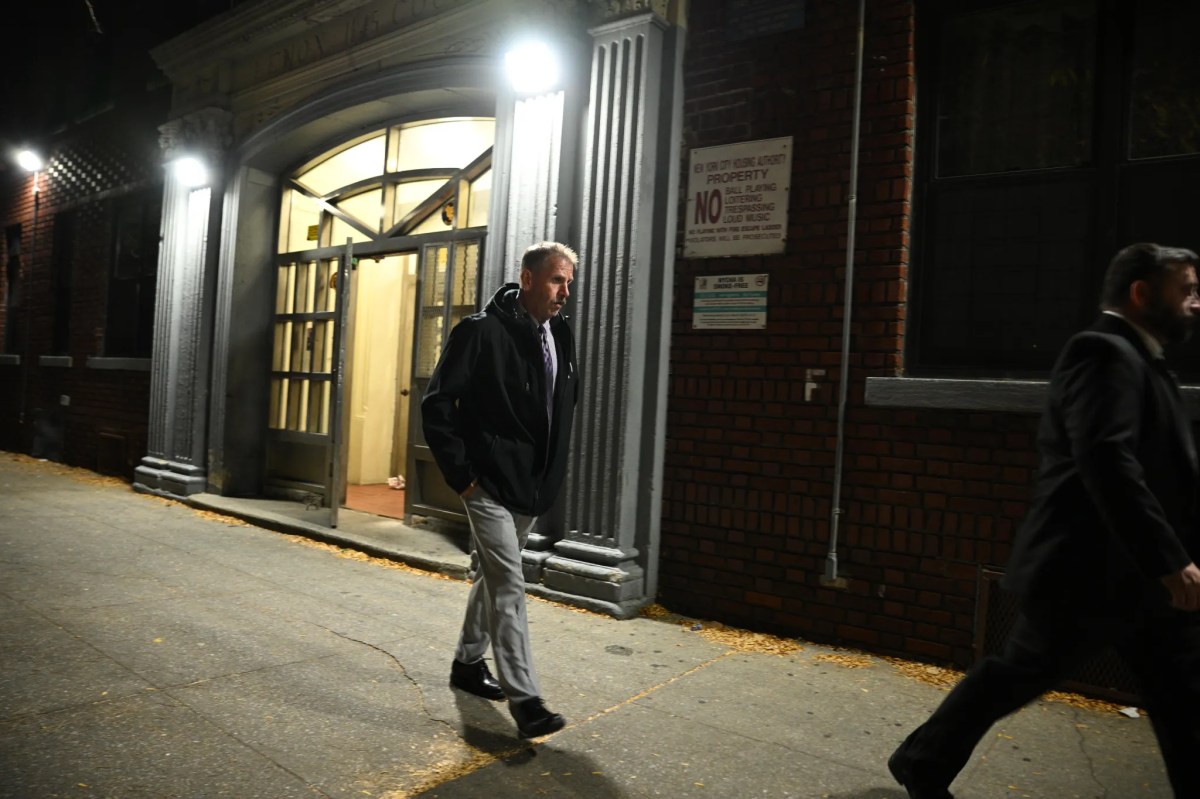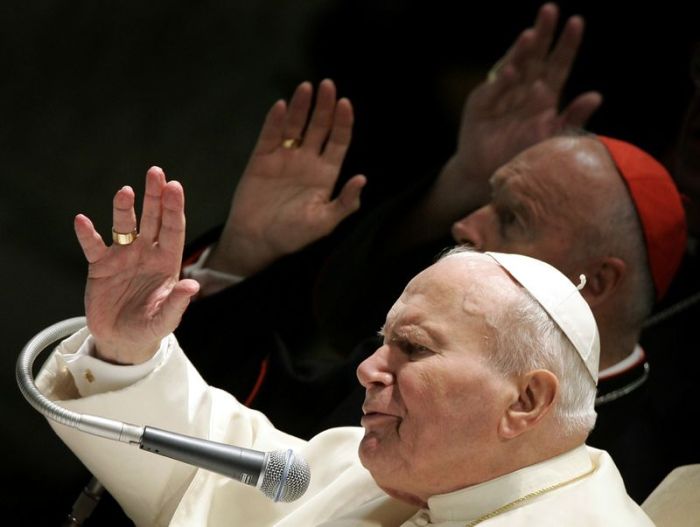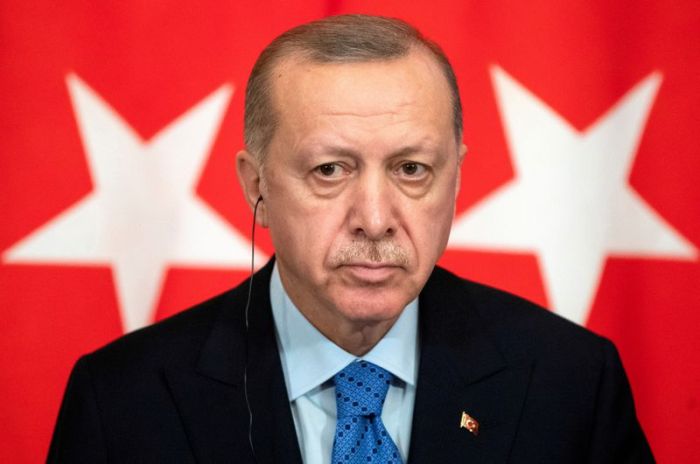VANCOUVER/TORONTO (Reuters) – A Canadian border official testified in an extradition hearing for Huawei Chief Financial Officer Meng Wanzhou on Tuesday that he did not take direction from the U.S. FBI when he took part in Meng’s interrogation prior to her arrest in 2018.
Meng’s legal team has argued that U.S. and Canadian authorities illegally coordinated ahead of her arrest at Vancouver International Airport on a warrant from the United States, invalidating her extradition.
The testimony of Canada Border Services Agency (CBSA) officer Sanjit Dhillon on Tuesday was part of a witness cross examination in the hearing in British Columbia Supreme Court.
Meng, 48, is facing charges of bank fraud for allegedly misleading HSBC <HSBA.L> about Huawei Technologies Co Ltd’s [HWT.UL] business dealings in Iran, causing the bank to break U.S. sanctions.
Meng has said she is innocent and is fighting the extradition from under house arrest in Vancouver, where she owns a home in one of Canada’s most expensive neighborhoods.
The defense has argued that the U.S. Federal Bureau of Investigation wanted the CBSA to use its additional investigative powers to question Meng without a lawyer present.
Under questioning from defense attorney Mona Duckett, Dhillon told the court he was aware of emails to the CBSA from the FBI seeking information regarding Meng’s interrogation.
Dhillon did not recall the specifics of the emails, however. He said he was included on the email chain because he was the superintendent on duty at the time.
“Did you take any action as a result of this email?” Duckett said.
“No, I did not,” Dhillon said.
The defense has also said that an FBI employee asked Canadian authorities to obtain the identifying details of Meng’s electronic devices.
On Monday, defense attorney Richard Peck said that Ben Chang, a Canadian police officer who is alleged to have given those details to the FBI, had declined to testify. Peck called the move “concerning” and warned of “any number of consequences from his refusal to testify.”
Huawei said in a statement on Monday that the hearings had revealed “important information” about Meng’s arrest. It said the company continues to have “great confidence in both Meng’s innocence and the integrity of the Canadian judicial system.”
Meng’s arrest has soured diplomatic relations between Ottawa and Beijing. Soon after her detention, China arrested Canadian citizens Michael Spavor and Michael Kovrig on espionage charges.
Meng’s case is set to wrap up in April 2021, although the potential for appeals by either side mean the case could drag on for years.
(Reporting by Moira Warburton in Toronto and Tessa Vikander in Vancouver; Editing by Denny Thomas, Leslie Adler and Sonya Hepinstall)

